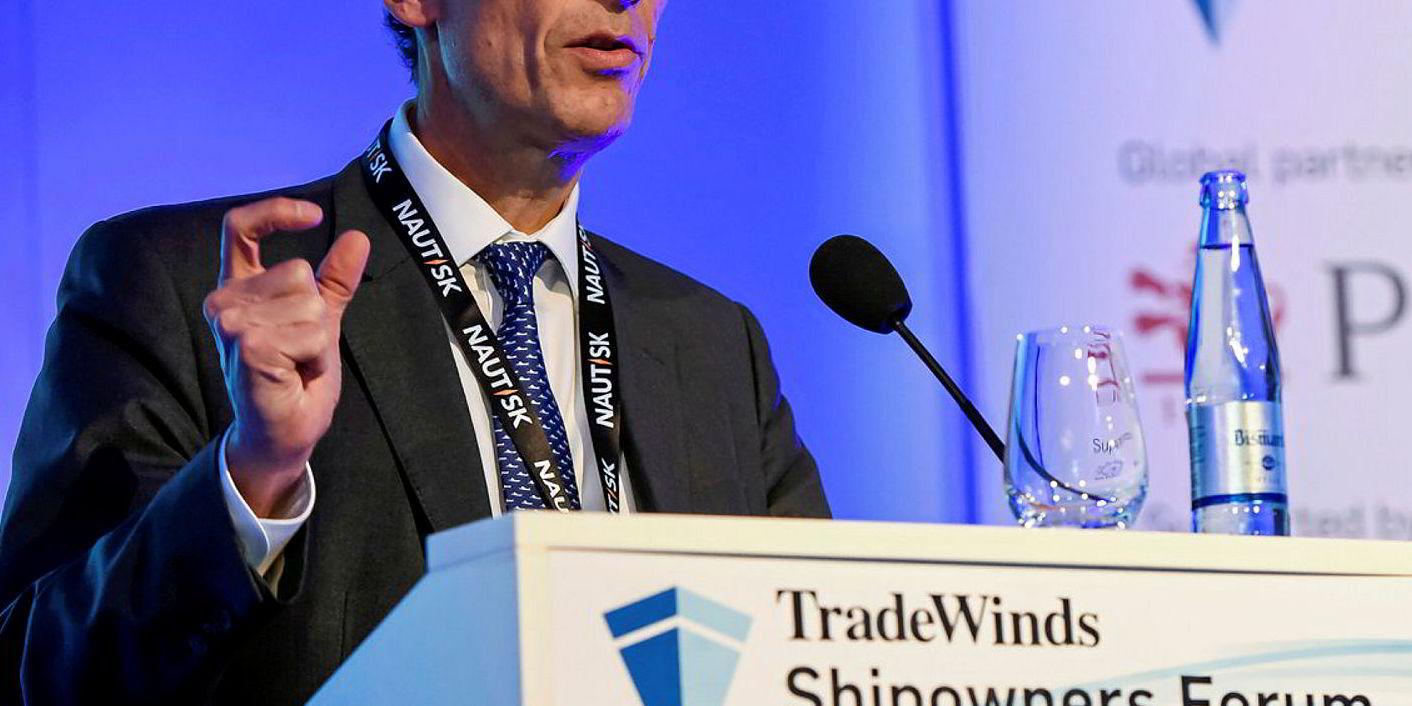The market close in February sealed one of the best starts to the year on record for US equities, which ended the month up over 11% for 2019.
Most other asset classes also enjoyed impressive returns, with European and emerging market equities (in US dollars) up 11% and 9%, respectively and Chinese onshore equities delivering a return of over 25% since the start of the year.
Given the dismal December, we are forced to ask ourselves what has changed in this short space of time?
Economic data and indicators continue to point to a slowing global economy. Fourth quarter European data reveal a number of economies flirting with recession, including its largest, Germany.
In the US, we have lowered our growth expectations from 2.4% to 2.2% for 2019, as the Federal government shutdown and ongoing uncertainty around trade take their toll on the economy.
What has changed since December is the amelioration of, rather than the elimination of various geopolitical risks as well as a sudden policy U-turn from the Federal Reserve.
What has resulted is market hope, rather than certainty. The Fed’s dovish U-turn has generated a sigh of relief among investors worried that continued US interest rate hikes would push the US into recession and that Fed balance sheet shrinkage would dry up liquidity.
Meanwhile, despite no agreement having yet been reached between the US and China on trade, positive overtures from both sides have given market participants enough hope that a trade war will ultimately be averted.
In the UK, while a Brexit deal is far from secured, the recent capitulations by Prime Minister May and Labour party leader Jeremy Corbyn in response to Europhile MP demands to ensure that a no-deal Brexit is avoided have added further hope.
At the same time, the chance that the UK stays in the European Union, while still remote, has gone up. As tensions have dissipated, the US dollar has been driven lower, a positive for world economic growth.
Despite an abundance of hope and dearth of certainty, there are a number of reasons for assurance about the global economy. Although China’s economy is slowing, the Chinese government is taking active stimulus measures.
Lending data show a strong recent spike in new short-term and long-term corporate credit, which offers hope for stabilisation in Chinese economic growth. At the same time, the US consumer situation remains strong, with disposable income growth at around 3%, while inflation remains absent.
Decent data from the world’s two largest economies is encouraging for global economic prospects.
However, we should not be too optimistic because markets are up but earnings are down, making valuations unattractive at over 16 times earnings for 2019 for US equities.
From time to time, the price mechanism can detach from fundamentals and having reasonable expectations is never a bad approach to take toward markets.
Alexandre Tavazzi is the head of the CIO Office and global strategist, Pictet Wealth Management



